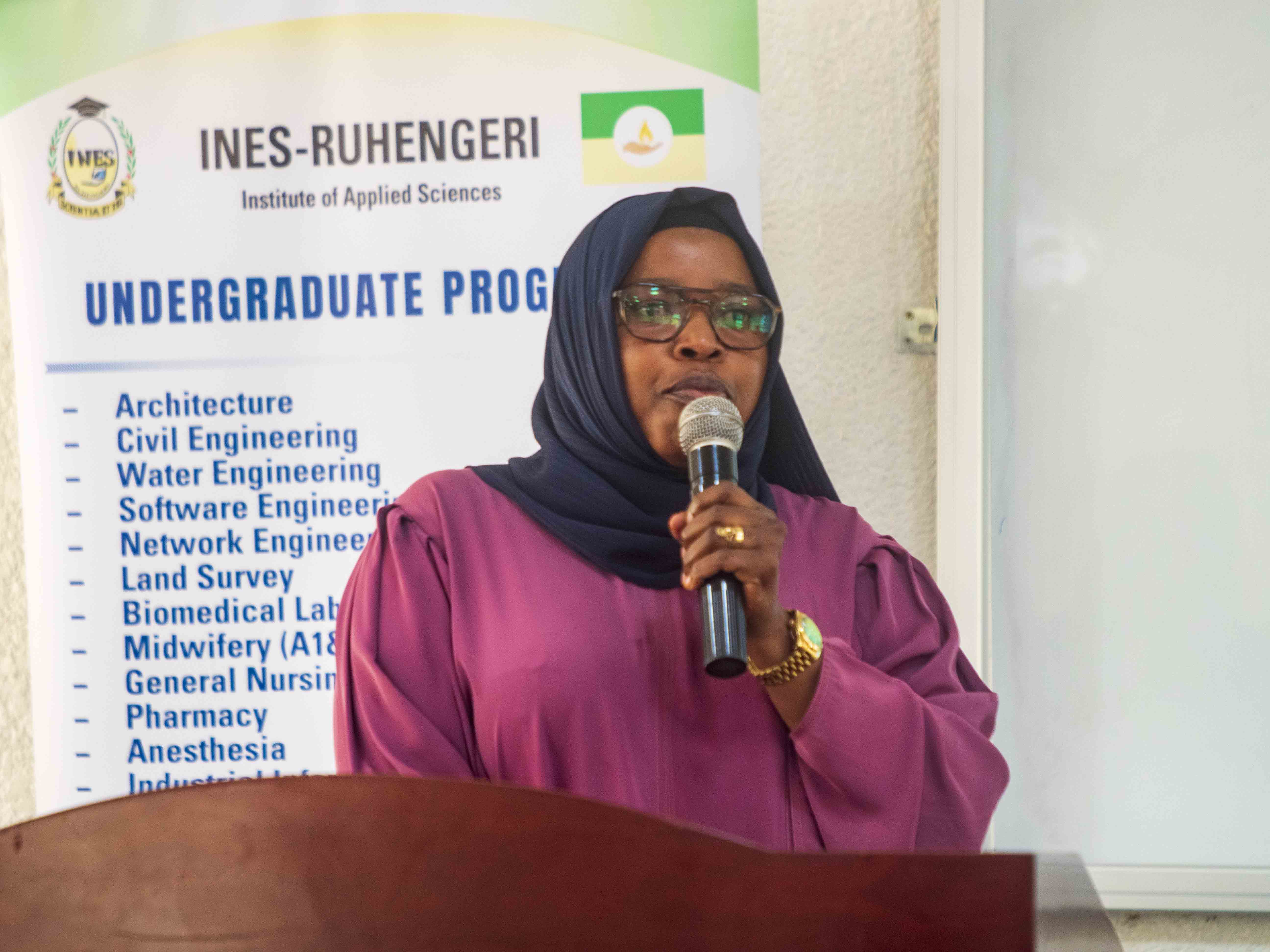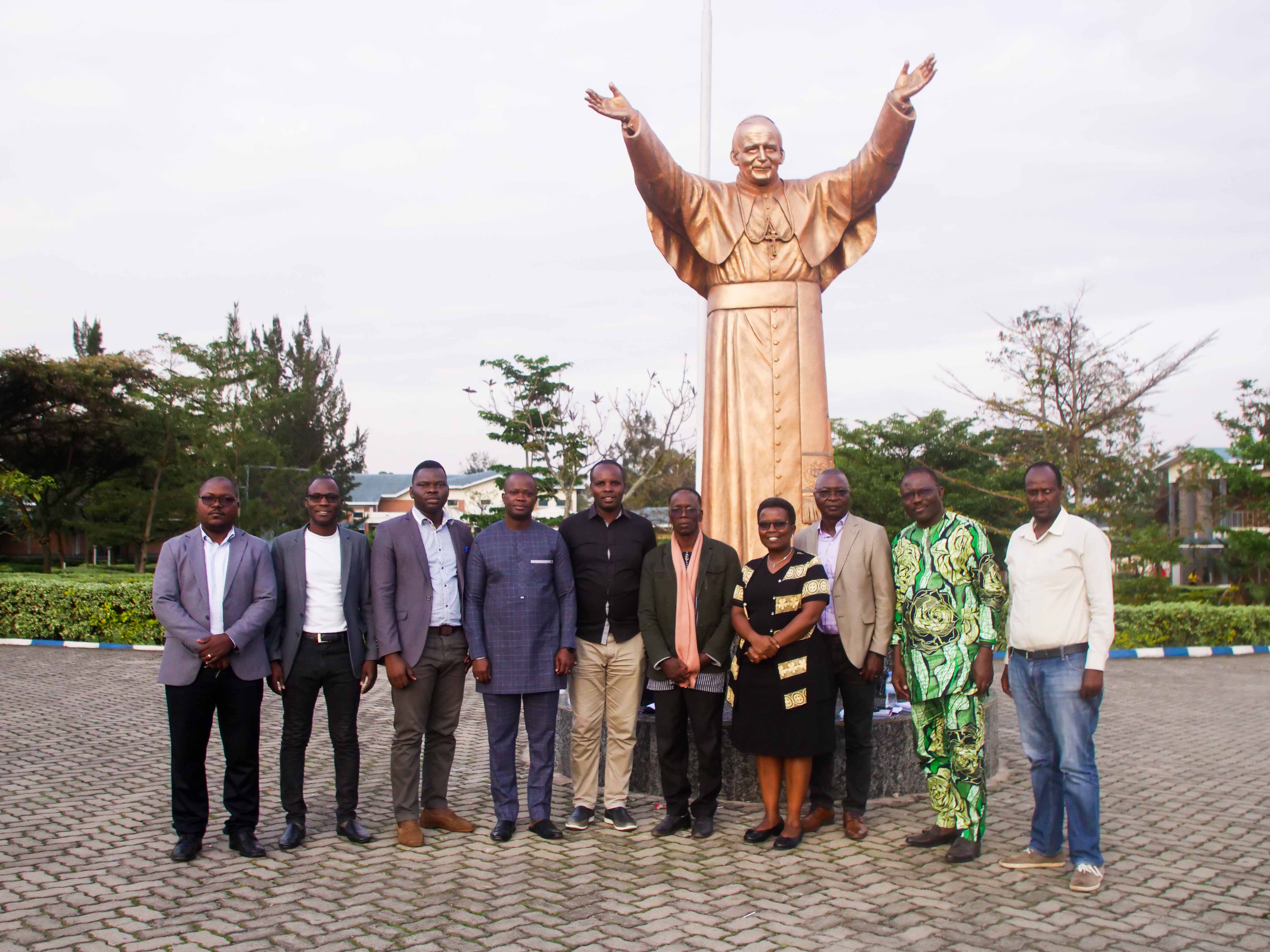Parliamentarians Urge INES-Ruhengeri Students to Take the Lead in Fighting Corruption
On June 13, 2025, Members of the Rwandan Parliament visited INES-Ruhengeri for a highly interactive public talk under the national campaign titled “A Dialogue in Higher Learning Institutions on Preventing and Combating Corruption Among Youth.”
The session aimed to raise awareness, foster civic responsibility, and mobilize university students in the nationwide fight against corruption. It brought together students, faculty, and institutional leaders for a multi-dimensional exchange on the role of young people, particularly those in higher learning, in building a corruption-free Rwanda.
The presentation was structured around five key areas: the role of Parliament in preventing and combating corruption; the nature and forms of corruption; the impact of corruption on national development and citizens' well-being; the responsibilities of students and youth in this fight; and a question-and-answer session to gather insights and reflections from participants.
“Corruption is not always loud. Today, it often hides behind coded language and informal behaviors. Phrases like ‘kanda akanyenyeri’ (meaning ‘send me Mobile Money’) or ‘zana ikiziriko’ (meaning ‘bring the rope to tie a cow’) reflect how corruption has blended into everyday culture,” one Parliamentarian remarked.
Students were exposed to an expanded definition of corruption, going beyond bribes to include sexual exploitation, favoritism in recruitment, embezzlement, and unethical academic practices such as awarding grades for favors. The MPs also highlighted emerging forms of corruption, including misuse of digital technologies, cryptocurrency, and manipulation of procurement prices.
With youth making up more than 60% of Rwanda’s population, the delegation emphasized their critical role in safeguarding national integrity. Students were encouraged to be vigilant, make use of legal reporting channels, and lead by example both on and off campus.
“If you want to lead Rwanda into a better future, you must begin by fighting the corruption that threatens it. You are not too young to make a difference,” one speaker told the audience.
The talk was marked by strong student participation. Many asked thought-provoking questions, expressed their opinions openly, and demonstrated a shared commitment to supporting national anti-corruption efforts. The dialogue offered an open platform for knowledge sharing, critical reflection, and youth empowerment.
Parliamentarians also presented key indicators of Rwanda’s progress in curbing corruption:
-
World Bank Governance Indicators: 73.1% in 2023, up from 71.5% in 2012
-
Transparency International Index: 57% in 2023, ranked 43rd globally (up from 53% in 2012)
-
Rwanda Governance Scorecard (RGB): 86.68% in 2024, up from 76.2% in 2010
Despite these improvements, persistent challenges were acknowledged, including the misuse of public funds, nepotism, and fraud in community programs, such as livestock distribution schemes intended for vulnerable households.
The event concluded with a call to action. Students were reminded that fighting corruption is just as urgent as addressing poverty, and that staying silent in the face of wrongdoing is a form of complicity.
Quoting Albert Einstein, one MP closed the session with a powerful message:
“The world will not be destroyed by those who do evil, but by those who watch them without doing anything.”
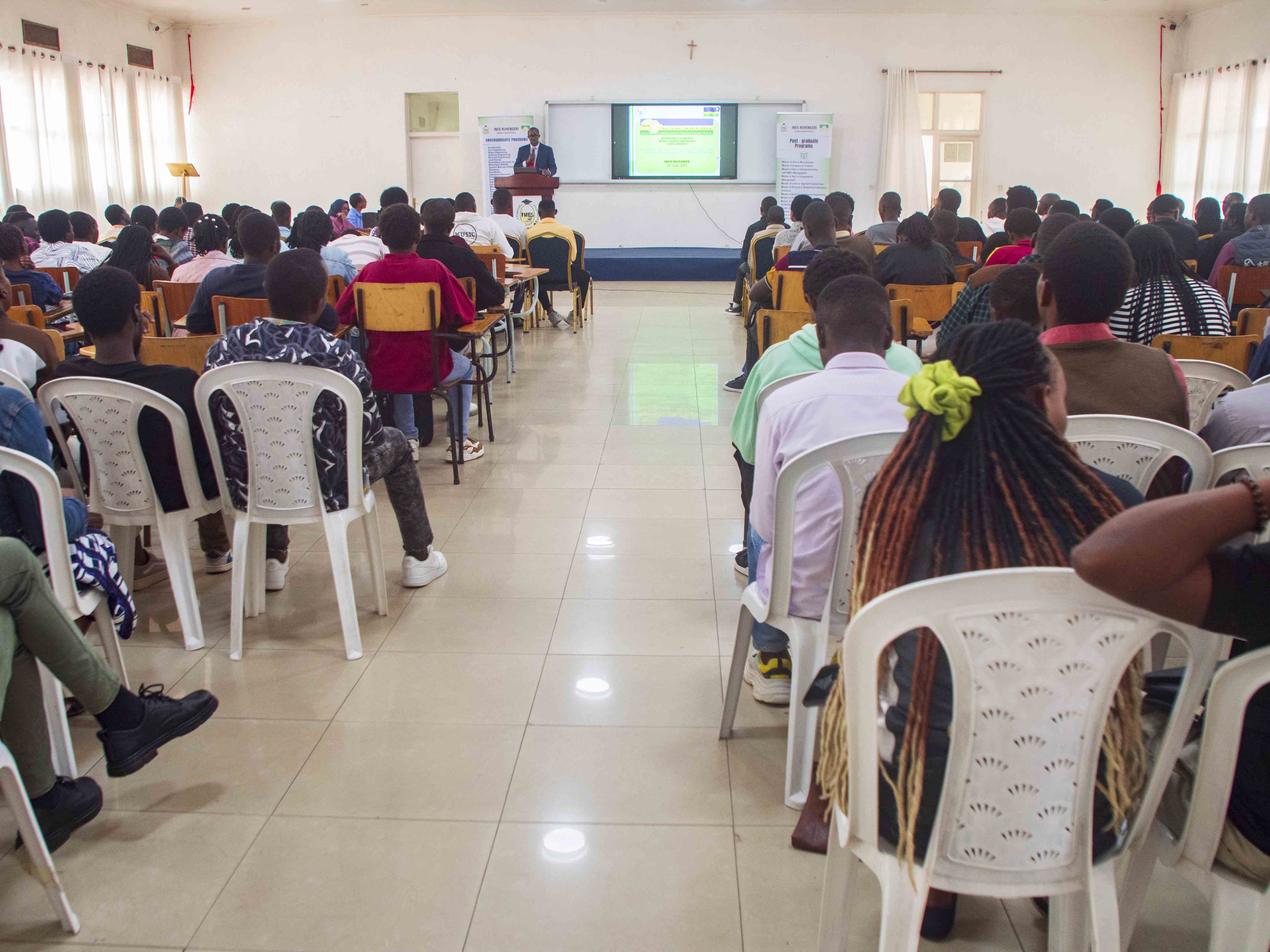
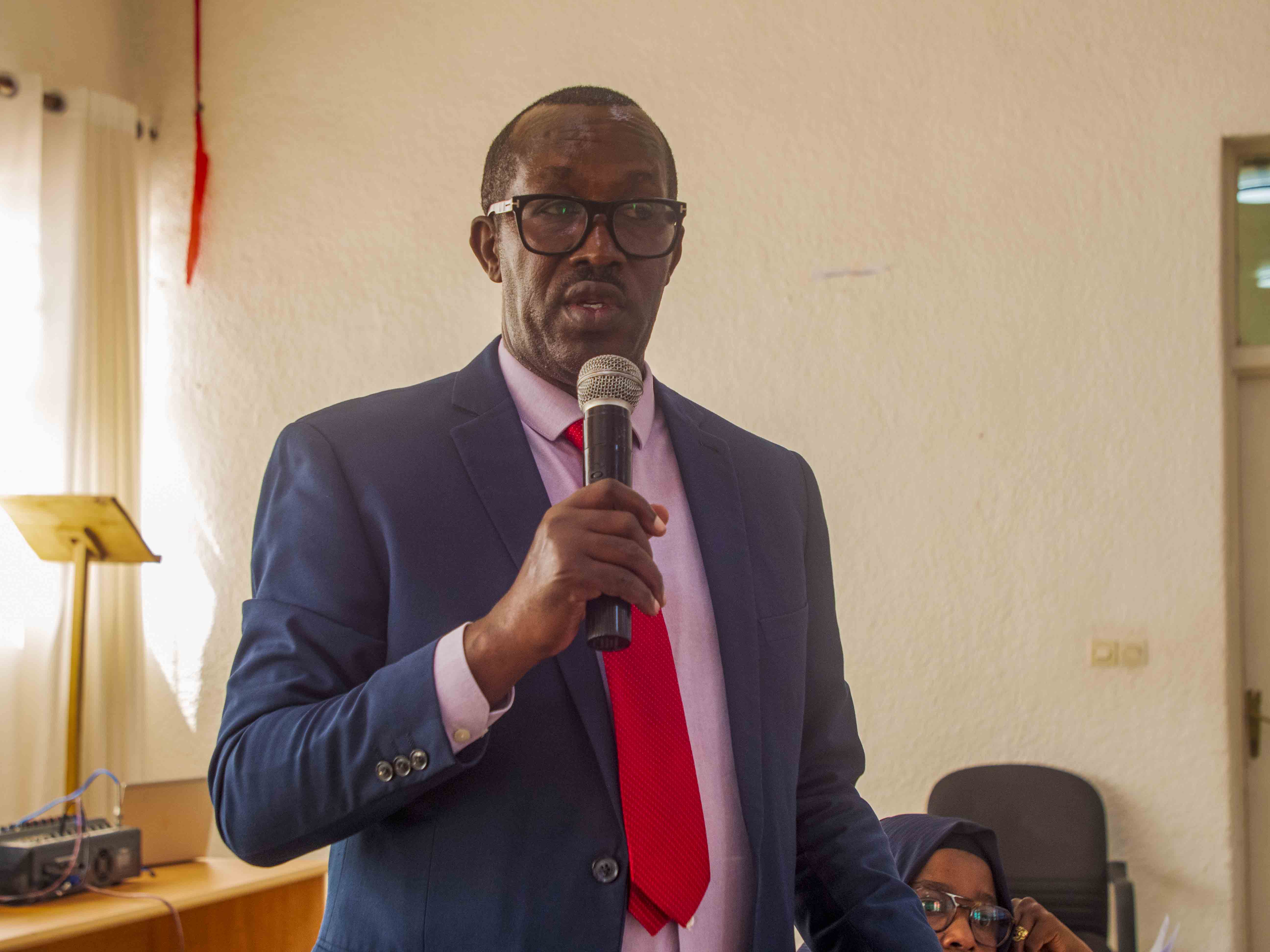
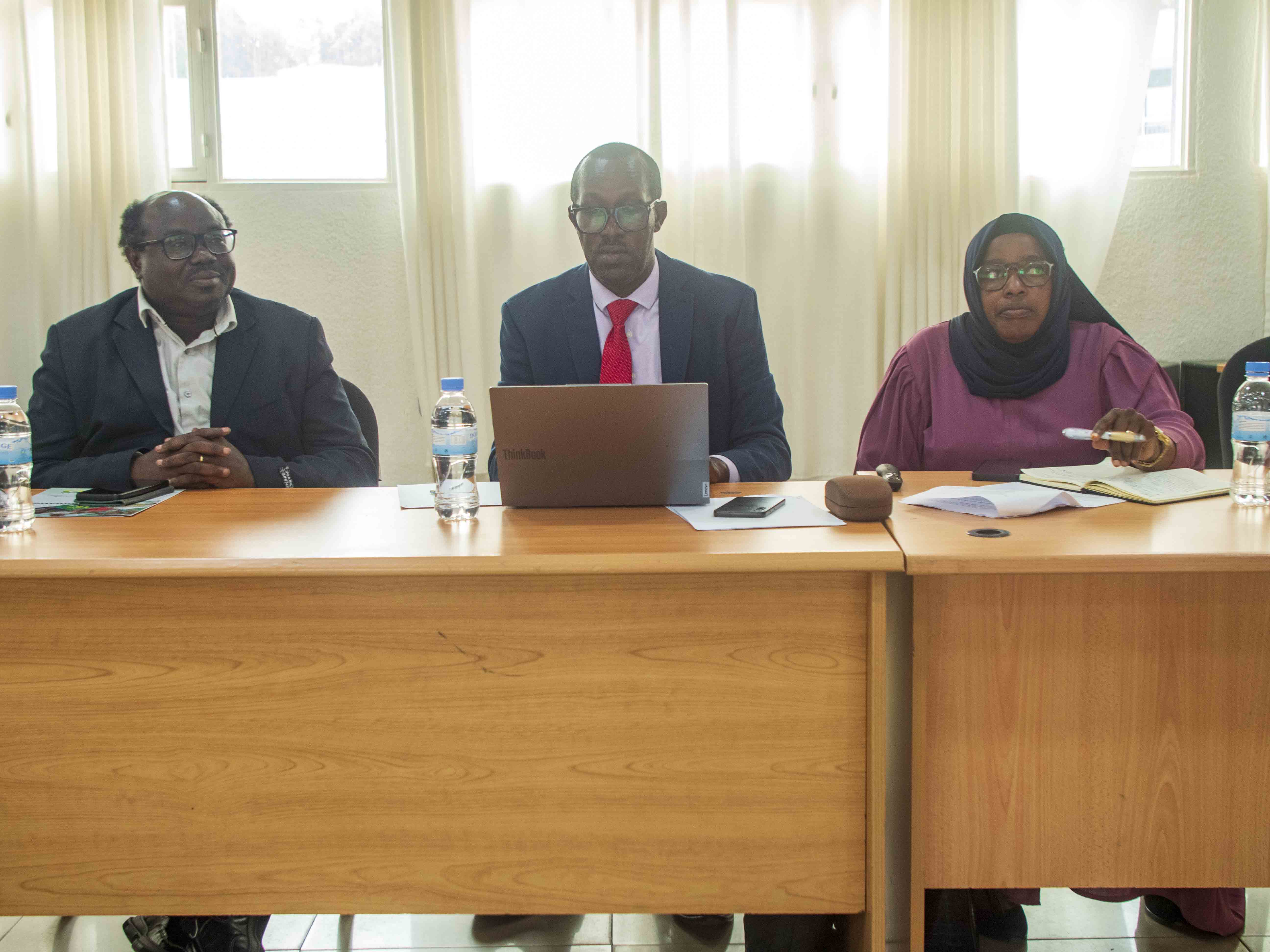
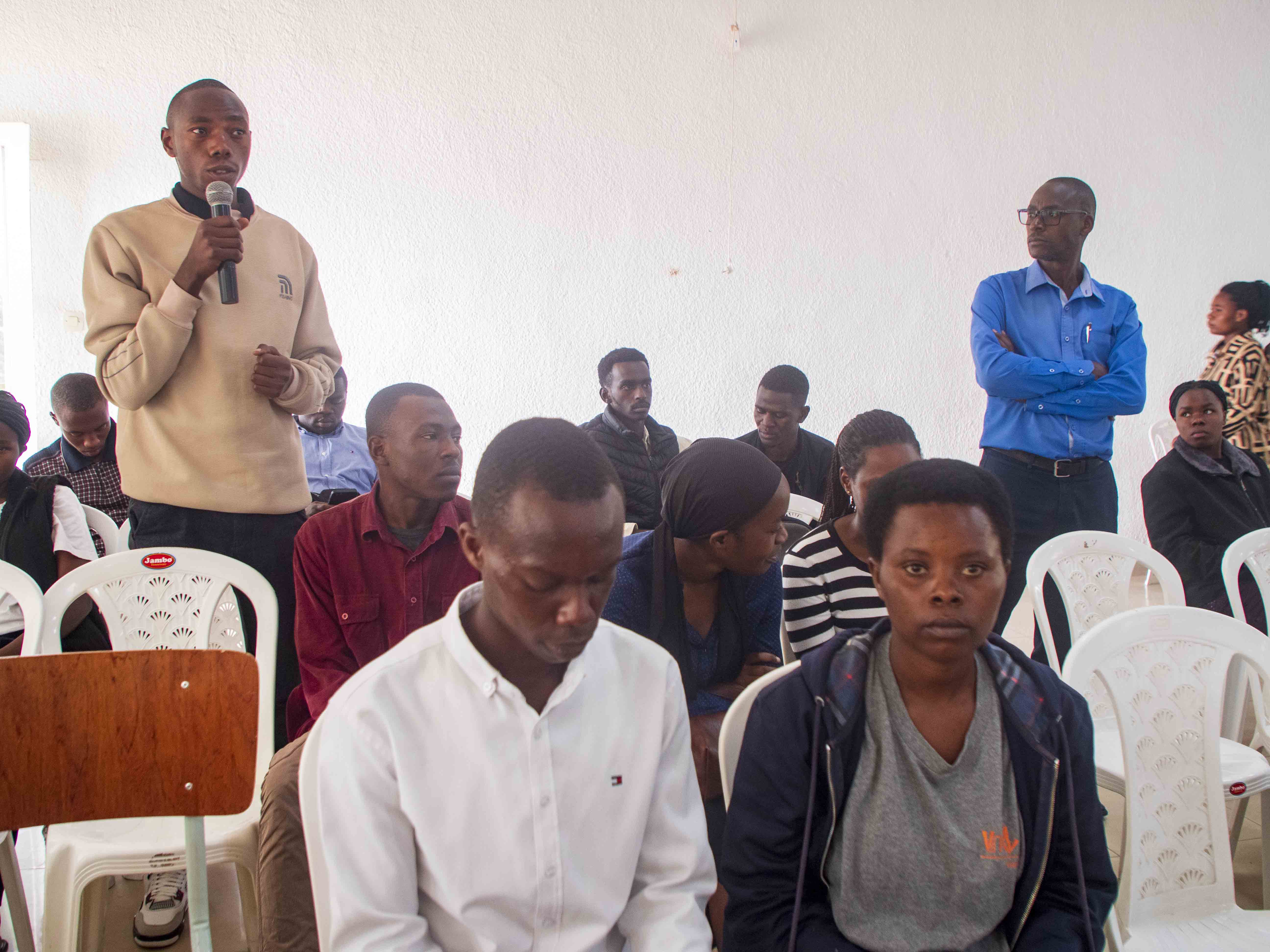
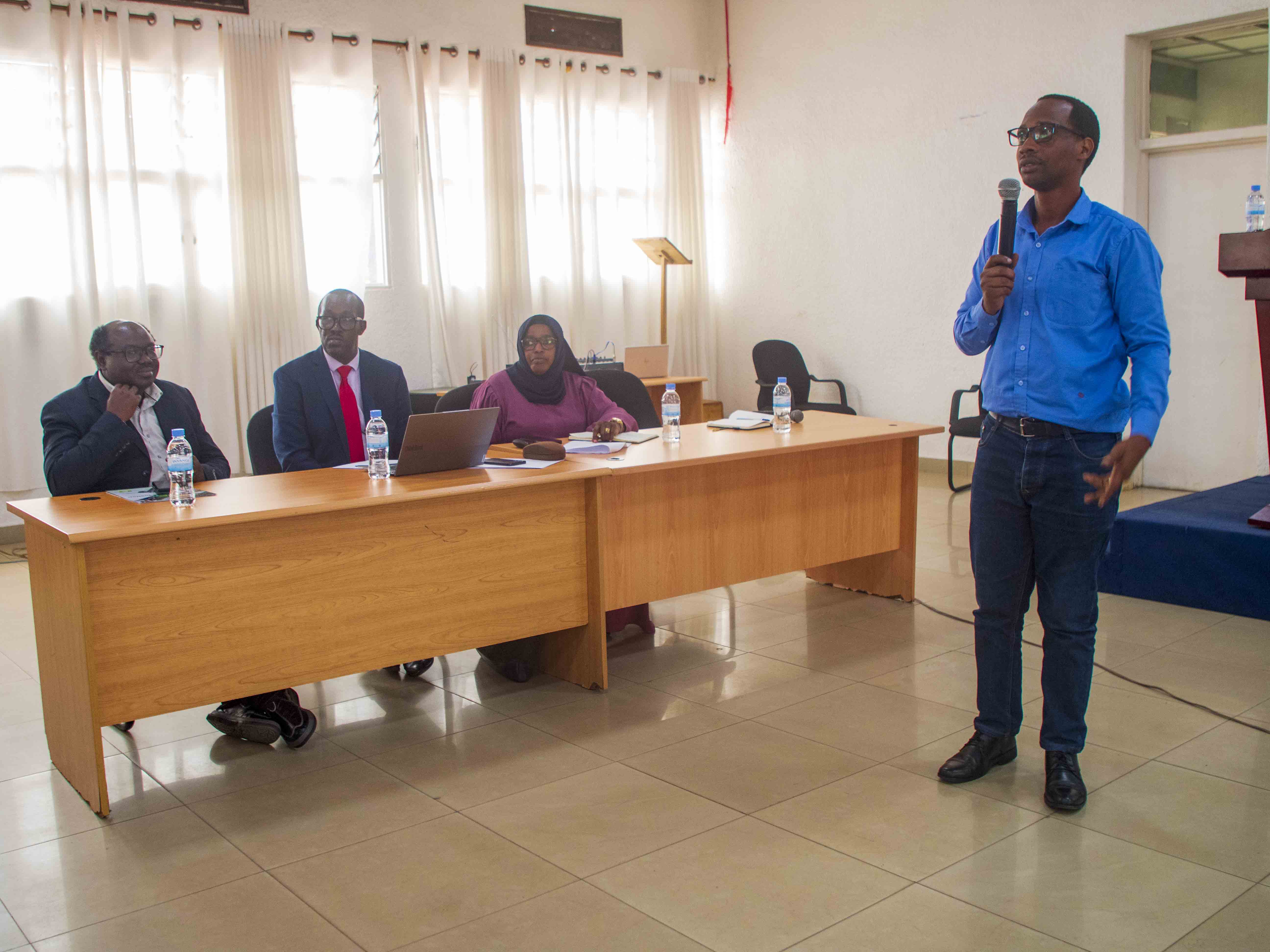
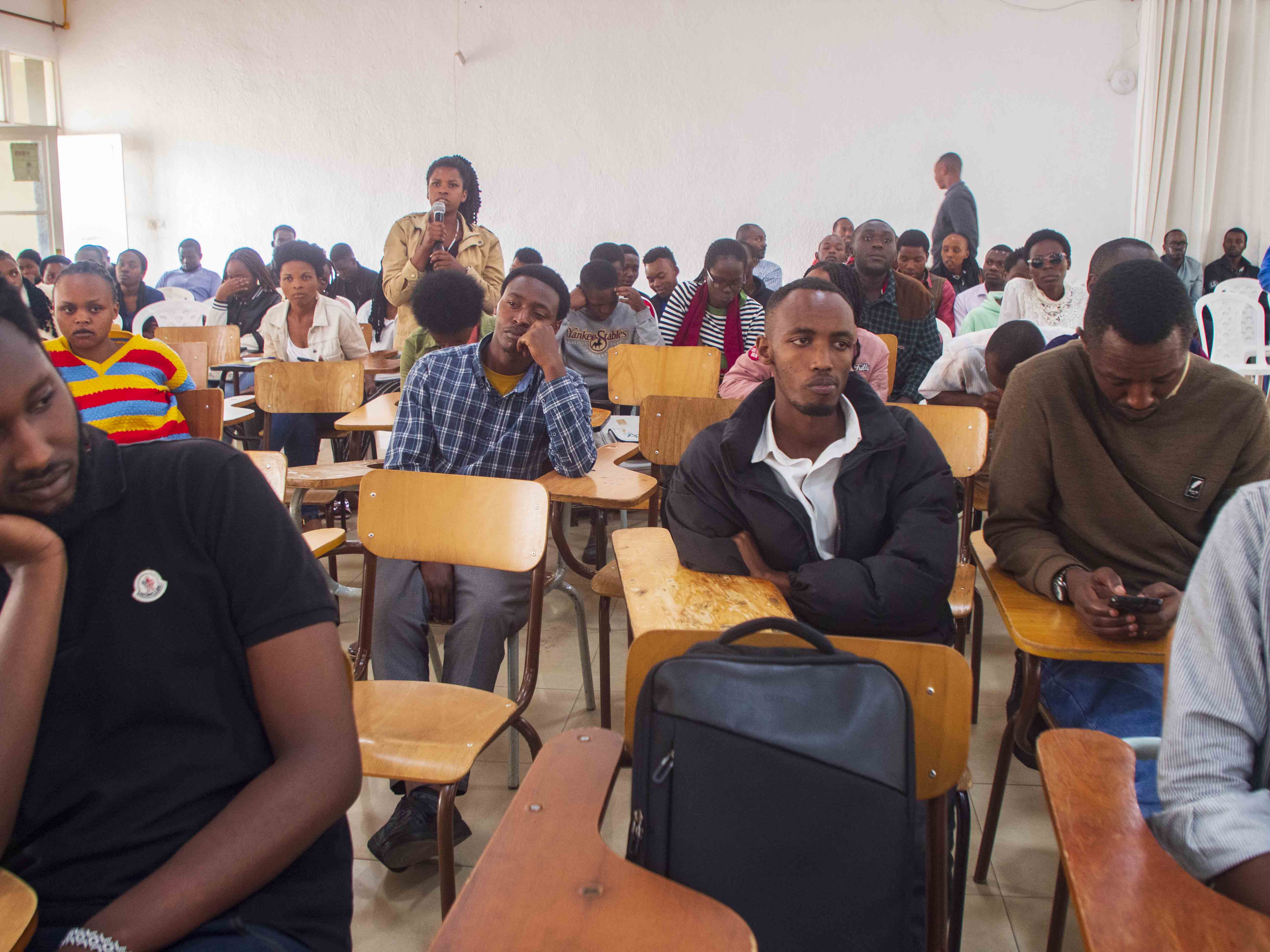
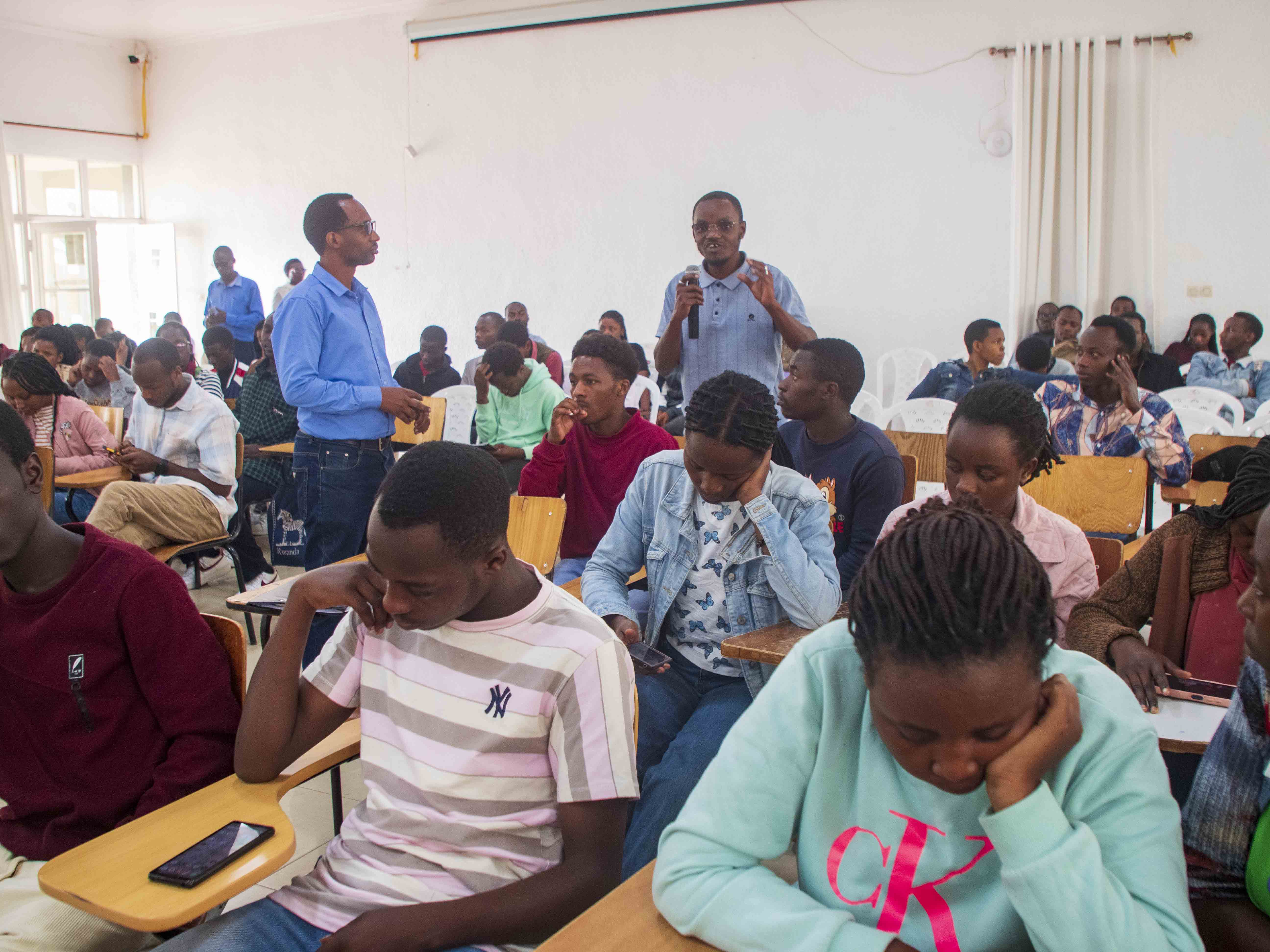
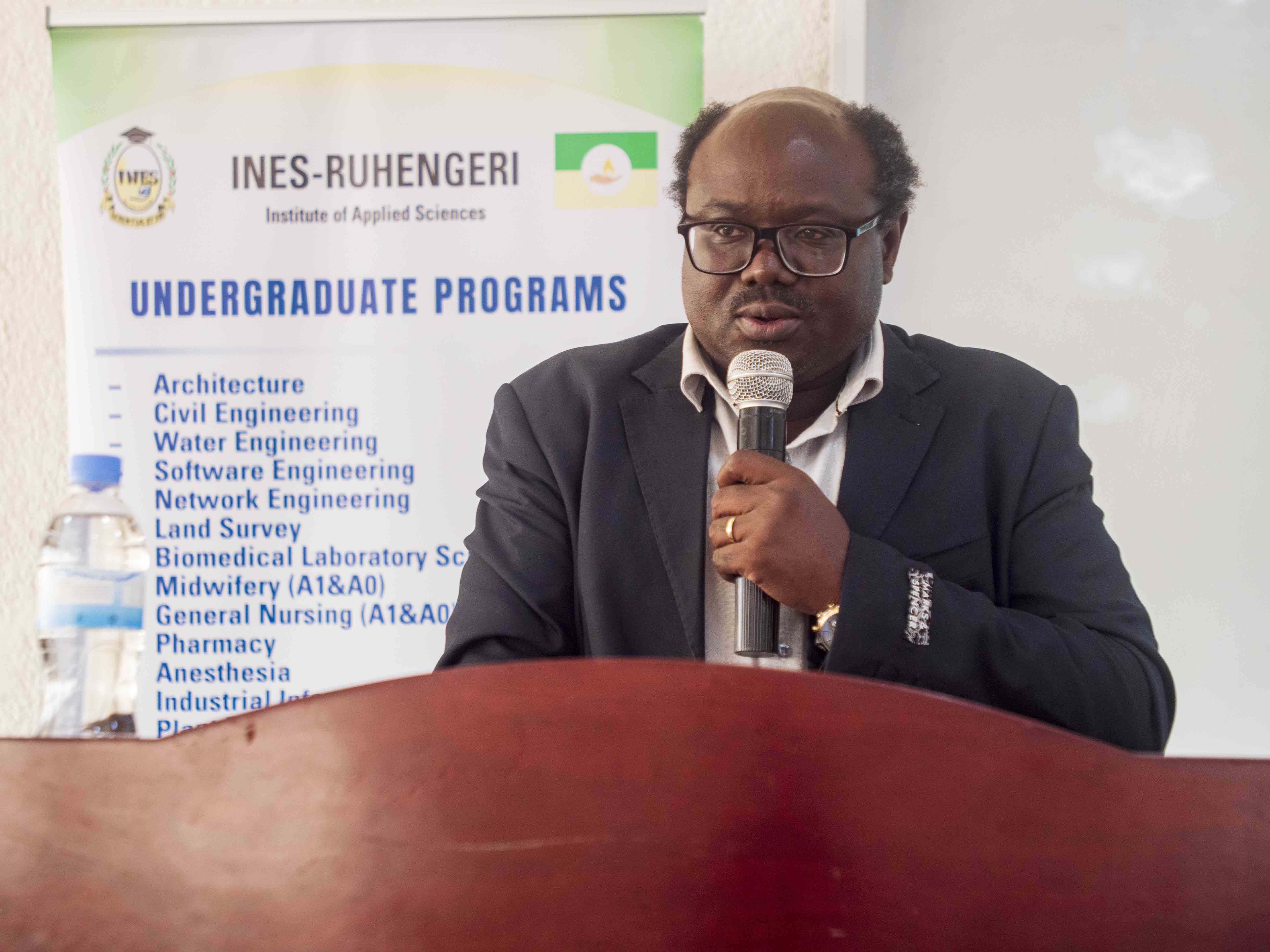
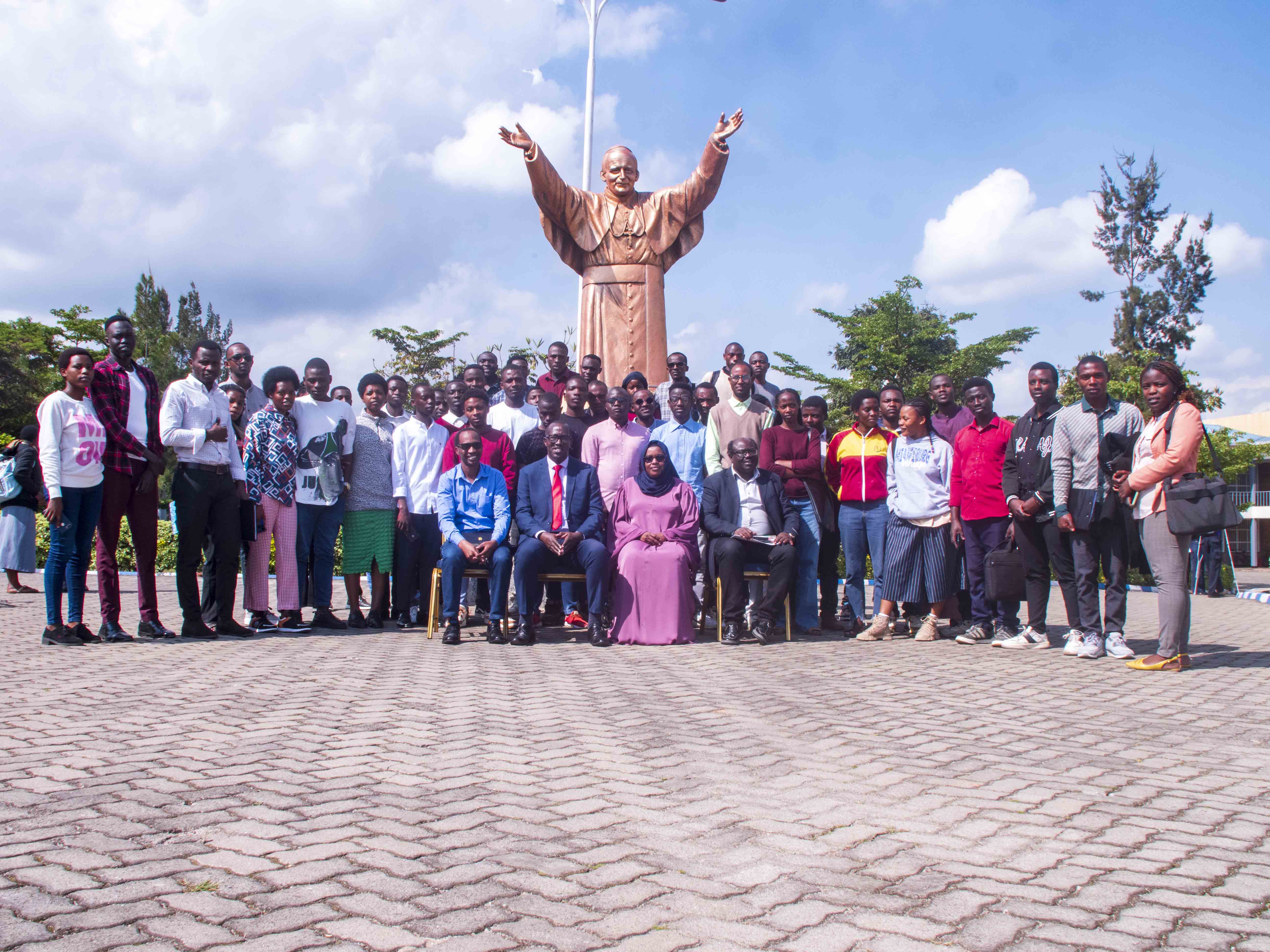
On Saturday, 22nd October 2022, INES-Ruhengeri celebrated the Feast of St John Paul II, the Patron …
LEARN NowINES-Ruhengeri met at Classic Lodge in Nyakinama and celebrated together as one family of INES-Ruhe…
LEARN NowOn 24th September 2024, INES-Ruhengeri welcomed a distinguished delegation from l'Université d'Abom…
LEARN Now
